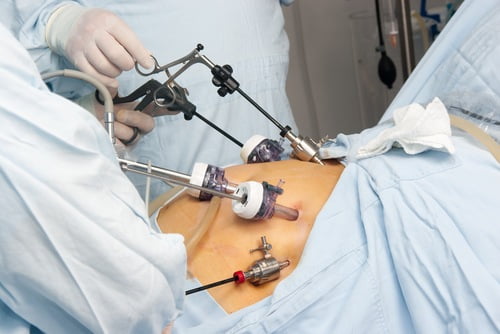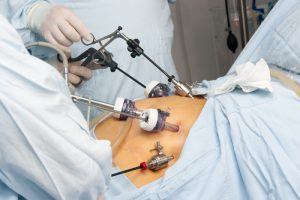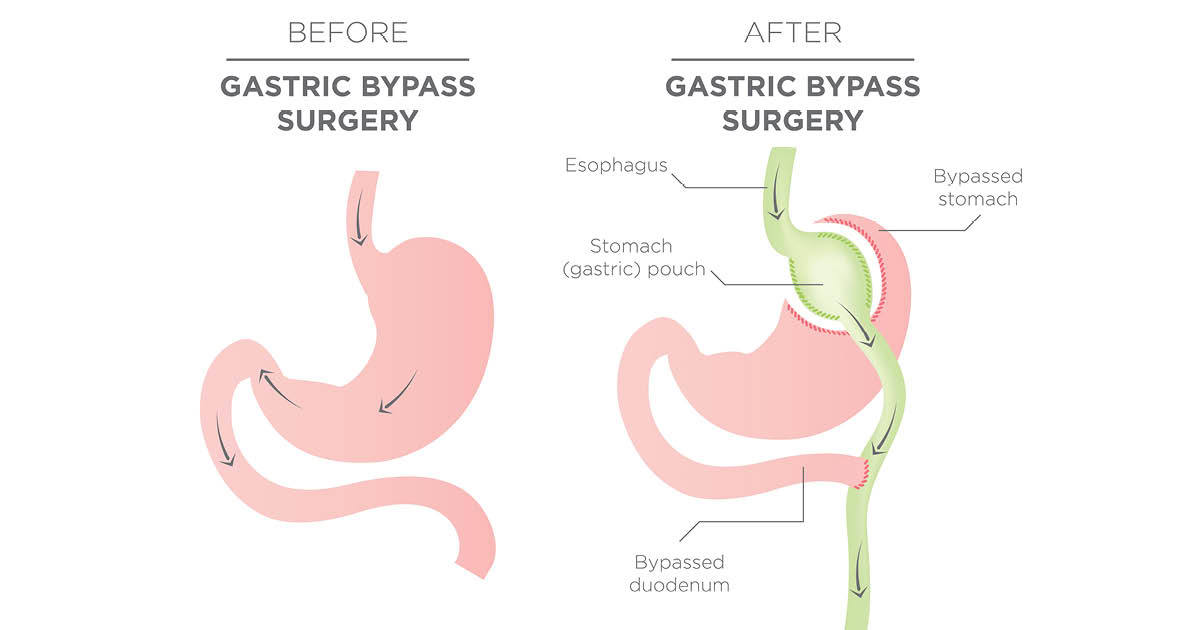
 It’s October, and the holiday season is upon us. It starts with Halloween with candy and treats galore. Then Thanksgiving. Then Christmas. It’s a lot: A lot of food, a lot of treats, a lot of parties and get-togethers. And all of that is okay, even for someone who has had weight loss surgery.
It’s October, and the holiday season is upon us. It starts with Halloween with candy and treats galore. Then Thanksgiving. Then Christmas. It’s a lot: A lot of food, a lot of treats, a lot of parties and get-togethers. And all of that is okay, even for someone who has had weight loss surgery.
Sustained weight loss is really about making lifestyle changes that last, and how you approach the holiday season is just part of this.
Healthy eating strategies to last the whole holiday season
We don’t want anyone to experience stress, anxiety, or dread over the holidays because of food. It is absolutely possible to enjoy the season while sticking to your healthy lifestyle. You’ve probably heard a lot of the standard tips before, but here are a few strategies that we think will really help.
Don’t save your calories for parties
It may sound like a good idea to skip meals to save room for treats. However, this is a bad strategy, and we encourage you to stick with your regular eating habits, including times when you typically eat and what you typically eat. You are more likely to overeat if you arrive at a party hungry. Instead, eat your normal, healthy meal before the party, then it will be easier to skip the party food that most likely does not include many healthy options.
Take a healthy dish you would want to eat to share
Maybe you do want to be able to participate in eating at the party. This is totally fine! One good strategy is to take something to share with others that you can also eat: Maybe something simple like a veggie or fruit platter. There are also many healthy recipes of all kinds out there today. Whether it’s a dish that’s simple or elaborate, you will know there’s a healthy option for yourself and others.
Have a plan for other holiday circumstances
Let’s say you need candy for the neighborhood trunk-or-treat, or you are asked to make cookies for your child’s Christmas party at school. How can you deal with these possibly tempting situations in a smart way? Don’t even open the bags of candy until it’s time for the event. Make the cookies, but save ONE for yourself to enjoy and immediately pack the rest up to send to school.
The office break room can be another challenge if co-workers are constantly bringing in treats. In this situation, just avoid the break room. Keep your own snacks — including some special fun ones — that are nutritious at your desk and enjoy those throughout the season. It’s important to think about these situations that might come up, and have a plan. Knowing how you plan to handle it alone will help you handle it better.
Don’t put exercise on the back burner
The holidays are a busy time, and it rarely gets better until it’s all over. There is no justification for taking time off from exercise, so prioritize it each day. This will help keep you feeling your best and motivated to keep up your healthy lifestyle, including your healthy diet. Make sure you don’t need to make a resolution to start exercising again at the beginning of January.
Make a healthy eating holiday wish list
Gift cards to healthy restaurants, healthy eating cookbooks, and fun kitchen supplies, such as juicers, blenders, vegetable steamers, and more, are all great options to add to your Christmas wish list. Maybe you are even in need of some new clothes after losing weight, so you could ask for gift cards or new wardrobe pieces. While you may not be indulging in all the holiday treats, having these items on your list will give you something extra special to look forward to on Christmas morning.
Ask that people avoid other gifts
Don’t we all have that family member who likes to give tins of caramel popcorn or boxes of chocolate covered cherries as gifts? Ask those in your life you will exchange gifts with to avoid those types of items. It is completely okay to give your family and friends gift suggestions, including asking them to skip candy, desserts, or other holiday-specific food treats. Obviously, try to do this in a kind and gracious way, and explain to them why you are making this request, if needed.
Focus on the basics
Don’t forget or ignore all that you’ve learned about healthy eating. Pay attention to portion sizes, start with protein, eat slowly, and track your intake. Be especially mindful while socializing, and always drink plenty of water.
For those of us who are committed to a healthy lifestyle, the holidays can still be the most wonderful time of the year. The key is being aware of possible challenges, making a plan, and following through with it!
Contact Us to Learn More About Gastric Bypass Surgery
Birmingham Minimally Invasive Surgery is a caring group of professionals who specialize in all types of bariatric surgery. Our surgeon Dr. Jay Long has highly specialized training in bariatric surgery, having completed a fellowship in minimally invasive and bariatric surgery at The Methodist Hospital in Houston, Texas, where he focused on taking care of patients that are morbidly obese. And we are so proud of our pricing that we publish the costs right on the front page of our website! Insurance won’t pay? We have a variety of financing options we can offer you so that you are able to get the healthy body you’ve wanted for years. Visit us today at http://www.bmisurgery.com/ or give us a call to set up a consultation at 205-833-6907.



 If you are interested in pursuing bariatric weight loss surgery, you have probably heard of
If you are interested in pursuing bariatric weight loss surgery, you have probably heard of 
 A few years ago, you had bariatric surgery with successful results. It’s a great option for those suffering from excess weight and obesity. But now? Well, life happens. For even the best patients, it’s hard to continue a strict diet and exercise routine.
A few years ago, you had bariatric surgery with successful results. It’s a great option for those suffering from excess weight and obesity. But now? Well, life happens. For even the best patients, it’s hard to continue a strict diet and exercise routine. 











